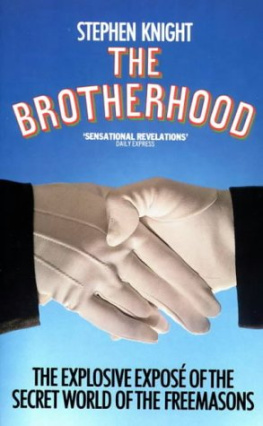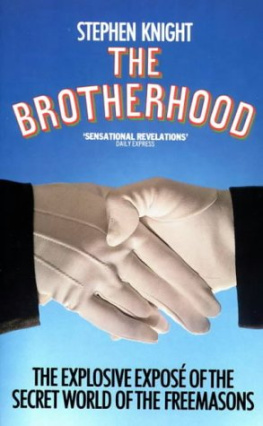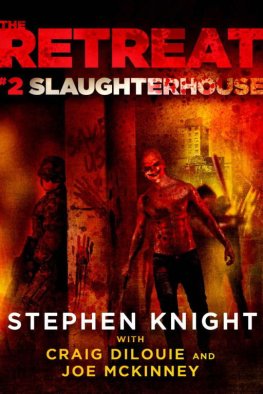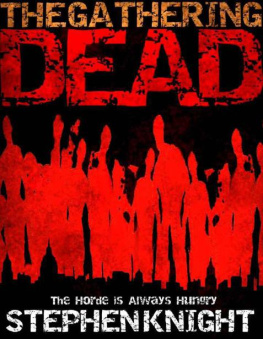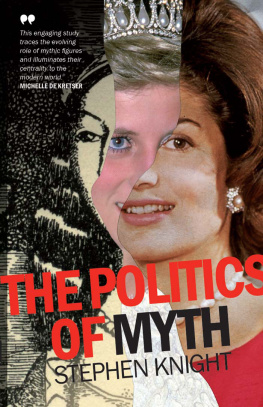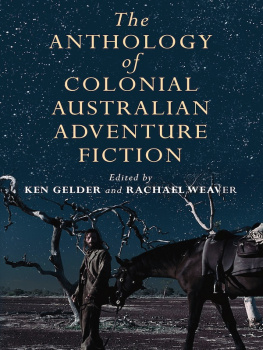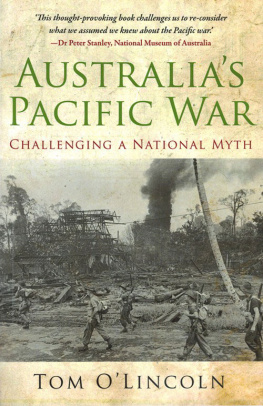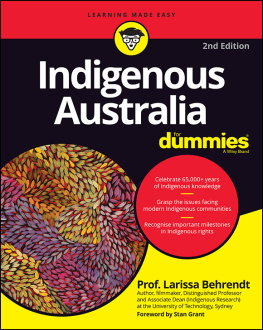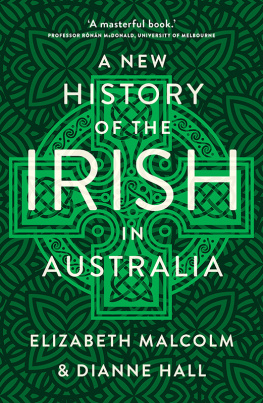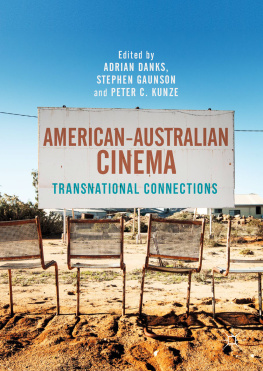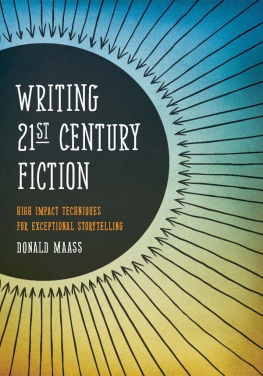Stephen Knight is a professor of literature who worked for twenty-five years at the universities of Sydney and Melbourne, becoming well known as an international scholar of the byways of literature, such as medieval romance and modern crime fiction. His published works include The Politics of Myth (2015) and Australian Crime Fiction: A 200-Year History (2018). He is now an honorary professor at the University of Melbourne.
THE
UNIVERSITY
IS
CLOSED
FOR
OPEN DAY
Themes and Scenes from 21st-Century Australia
STEPHEN KNIGHT

For Margaret, as ever.
MELBOURNE UNIVERSITY PRESS
An imprint of Melbourne University Publishing Limited
Level 1, 715 Swanston Street, Carlton, Victoria 3053, Australia
www.mup.com.au

First published 2019
Text Stephen Knight, 2019
Design and typography Melbourne University Publishing Limited, 2019
This book is copyright. Apart from any use permitted under the Copyright Act 1968 and subsequent amendments, no part may be reproduced, stored in a retrieval system or transmitted by any means or process whatsoever without the prior written permission of the publishers.
Every attempt has been made to locate the copyright holders for material quoted in this book. Any person or organisation that may have been overlooked or misattributed may contact the publisher.
Cover design by Peter Long
Typeset in 11.5pt Baskerville by Cannon Typesetting
Printed in Australia by McPhersons Printing Group

9780522874679 (paperback)
9780522874686 (ebook)
Contents
Fiction Before the Bush Myth
Indigenous Fiction Tells the Story
Do You Think the Tattoos Will Last?
The Poetry of Car Plates and Names
The Mystery of Australian Crime Fiction
Preface
Each weekend we have glossy magazines in the newspapers which present and elaborately illustrate clothes, food and holidays. Each day people exchange electronic messages about how they are feeling, both about themselves and the irritatingly exciting world, especially in terms of politics and sport. The television news has become a series of interviews with some talking head commenting on the need for solutions to previously unnoticed problems, and celebrating their own possible success. At school and in higher education increasing stress is laid on skills, but they only relate to human interaction in the present and at work, not to any deeper understanding of people and society.
What is missing in all this trite, personal, celebratory interaction is any extended analysis based on careful study, or what used to be called research, the sort of thing that was in the past routinely practised by skilled journalists and professional commentators, trained and often still working at major universities. Now, if anyone from a university does comment, it is briefly, in a newspaper or electronic outlet, and the opinions are closely tied to some current event or politician-oriented possibility, rather than to a theme or structure extending through time and space. This new quasi-intellectual process is on campus called engagementsubstantial energy is now being devoted there to the process of talking generally, briefly and vaguely to the public and to those school students who used to be judged pre-tertiary. Perhaps at best stimulating a few people in the street or the school to think further, the engagement mode is not able, indeed not meant, to develop the extensive critical insights long associated with academic thinking. That was an intellectual marriage, and the politicians and businesspeople dont want that these daysjust brief and successive engagements.
As this world of vague general chat flourishes and moves to reshape politics, with banal ideologues like Donald Trump, Nigel Farage and Pauline Hanson thriving, even dominating, and pretending to have policies, it seems of considerable value to bring the traditions and techniques of research and extended critique, including secondary reference and socio-historical contextualisation, to bear on some of the features of the ultra-modern and extra-disturbing world. That is the purpose of this collection of essays, which offer close observation and detailed analysis of phenomena evident in contemporary Australia. The essays also recurrently, as a necessary part of full analysis, go back into the past to trace the origins, meanings and complexities of modern activities and events: comparative and critical historical understanding is also strikingly absent from the contemporary world of comment. As a result of such analysis, the essays can at times be amused by, as well as critical of, the follies and fantasies they find, in the past and the present.
The essays fall into three groups. The first pair, Presenting the Past, explore at some length previous patterns in order to show how present ideas about the bush myth, and also continuing practices in the treatment of Indigenous people, are remarkably ignorant about what actually happened and was written in the pastand so it is possible, even essential, to critique continuing ideas and errors in both areas. The four essays in the second group, Habits and Identities, look at recent phenomena that seem so far to be without serious analysis, apart from being photographed and sent to followers in the modern mechanical mode of analysis-free electronic conversation. Analysed here and also historicised are habits of travel, tattoos and their meanings, personalised car plates and names, and modern machinesincluding the allegedly smart phones themselves. The last section, Modernity and Traditions, explores, in the context of their understudied history, two Australian formations that have notably developed and historically changed their nature in the last decadesfor good in the case of crime fiction, for decided ill at the universities.
I have given references at the end of all these essays to sources that are quoted or discussed in detail, but not to novels and non-fiction books which are more generally mentioned. There are many other comparable domains of practice and ignorance that it would be interesting to write about but which could not be encompassed here. Notes already exist on issues ranging from the strange, like the weird anti-smart fashionability in clothing and furniture of shabby chic, to the widely practised but generally misunderstood, as with the recent growth of environmentalism, expressing as it does both an admiration for, and also a wish to appropriate personally, the natural world. Equally tempting would be to research areas combining human aspiration and competition, like sport at school, and with even more cheating and bad temper, the behaviour of politicians. Not unrelated combinations of self-expression and negativity might have flourished under the titles walking the dog and motoring behaviour; most wretched of all might have been publicising your book.
Perhaps another set of thick files and saved internet items will be developed on those and other topics to continue to present a scholarly-style examination of understudied and less-than-comprehended phenomena in modern Australia. If that should be the case, there will be continuing reason to be grateful to people like those who have so nobly, and so serviceably, supported me in this project, such as publisher Louise Adler, editors Cathryn Smith and Paul Smitz, proofreader Richard McGregor, historian Stuart Macintyre, co-researcher and adviser Lucy Sussex, and my indispensable familial electronicistsson David Knight and daughter Elizabeth Thompson, with her sagely charming daughter Rosa, provider of illustrations to stick on the computer. Of course in this, as in all else, there has been the tolerant, supportive, often amused, sometimes editorial presence of my wife Margaret.
Next page

